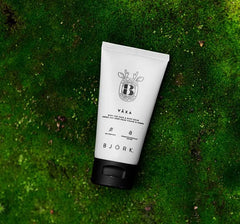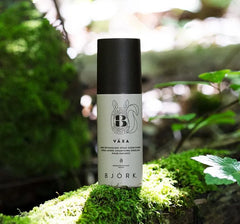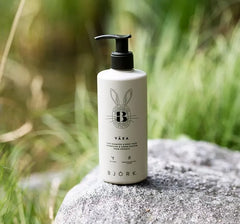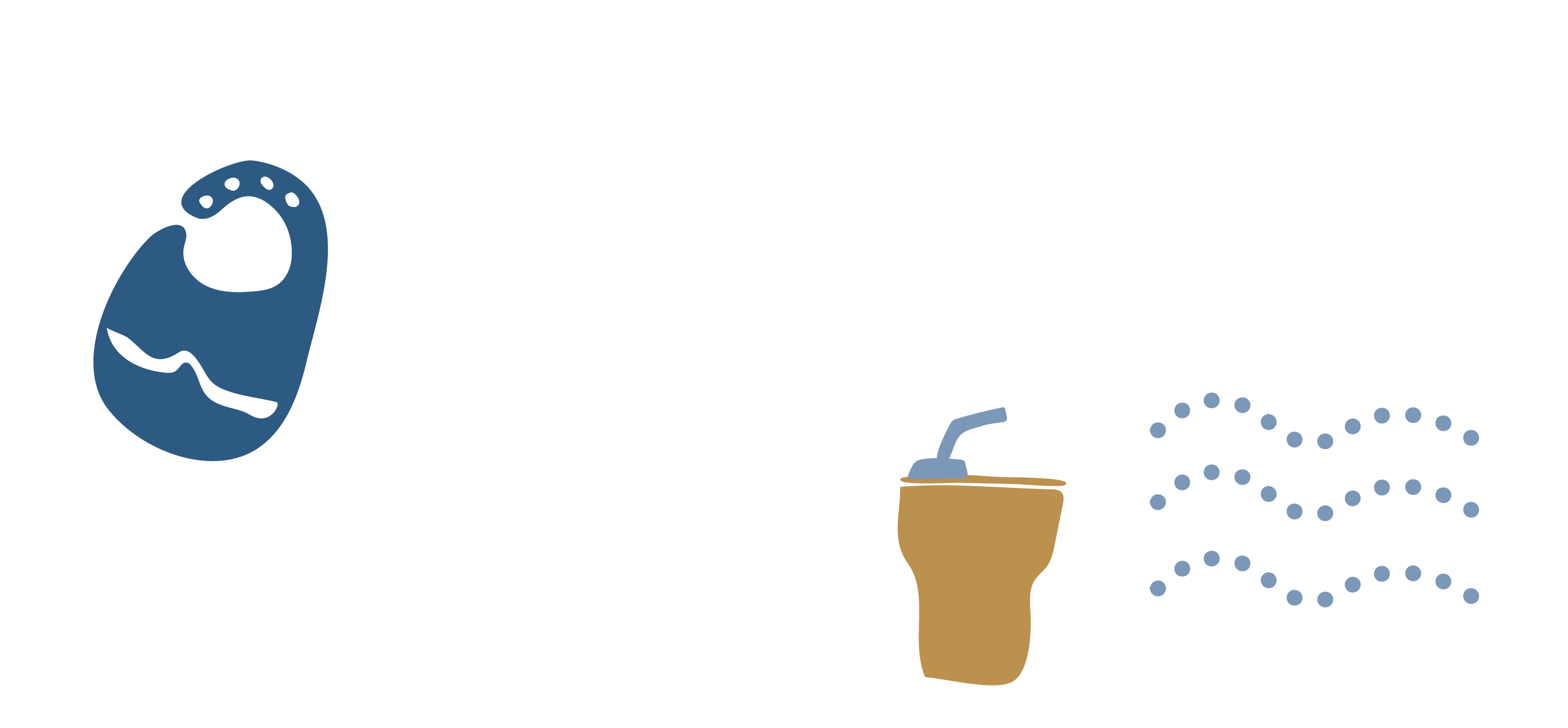Plastic has become an integral part of our everyday lives, almost everywhere there is plastic in it or on it. Of course, this makes it more difficult for us to do without it. But why is it so important that we should give up plastic in the first place?
Plastic has a devastating effect on our environment, our health and that of our children.
Psst.. Read in addition our article PLASTIC FREE - plastic and its effects.
But there are always ways to avoid plastic as much as possible - especially unnecessary plastic - with a little discipline and planning you can change old habits.
8 tips for a plastic-free everyday life

- plastic-free straws
It's hard to imagine life without straws, especially for our little ones, but that's what makes them so dangerous. Most straws are made of plastic and go directly into our children's mouths. Plastic is not chemically stable, which means that the chemicals, i.e. the toxins in the plastic are not firmly bound and can escape over time. They can evaporate, be washed out or rubbed off and thus easily enter the human body. Use straws that are plastic free e.g. our Miniware straws, they are made of 100% food grade silicone.
- plastic kitchen utensils
Especially our small kitchen utensils like spatulas or cooking spoons can easily burn. This change in the plastic can release toxins. Make sure that you use utensils made of bamboo or other plastic-free materials when cooking.
- roast coffee instead of capsules
Sure, they are super easy to use, and you can quickly build in a small coffee break, especially in the stressful everyday life of parents, it's absolutely nice if something like this can be done quickly, but can you imagine how much plastic waste that causes? In Germany, about 2 billion coffee capsules are consumed annually, and they are sinfully expensive as well. There are also great plastic-free alternatives for coffee.
- ice cube molds
In the summer, everyone loves them, big or small - the ice cubes. But, there are great plastic-free alternatives such as ice cube molds made of silicone or stainless steel.
And if your ice cubes can be a little bigger, - you can also freeze them in our Miniware Silipods, these are made of 100% food-safe silicone.

- ice cream from the waffle - not in the cup
When our children grow up, ice cream is indispensable in the summer. Even if it is sometimes not the cleanest solution, it is the best for your children and the environment - ice cream from the waffle and not in the cup.
- "No advertising" sticker
Put the "No Advertising" sticker on your mailbox, if you haven't already, so you save yourself a lot of advertising packed in plastic.
- go shopping with a basket or backpack
Next time you go shopping, simply take a backpack or basket with you to avoid plastic waste. For plastic-free shopping, you can use our Miniware Noah, Luna or Kai backpacks, or if you're traveling without your kids, you can simply use our Meal Tote to keep your food fresh.

- vegetables and fruits without packaging
Buy your vegetables and/or fruit at the supermarket without packaging.
Life without plastic is possible - why not implement it right away? We are simply so used to everything being available with and in plastic and are sometimes simply no longer aware of the risks. Together with you we want to change that.
Have you been able to implement some of the tips in your everyday life? Or do you have any other tips to ban plastic from your everyday life?
Let us know in the comments.





